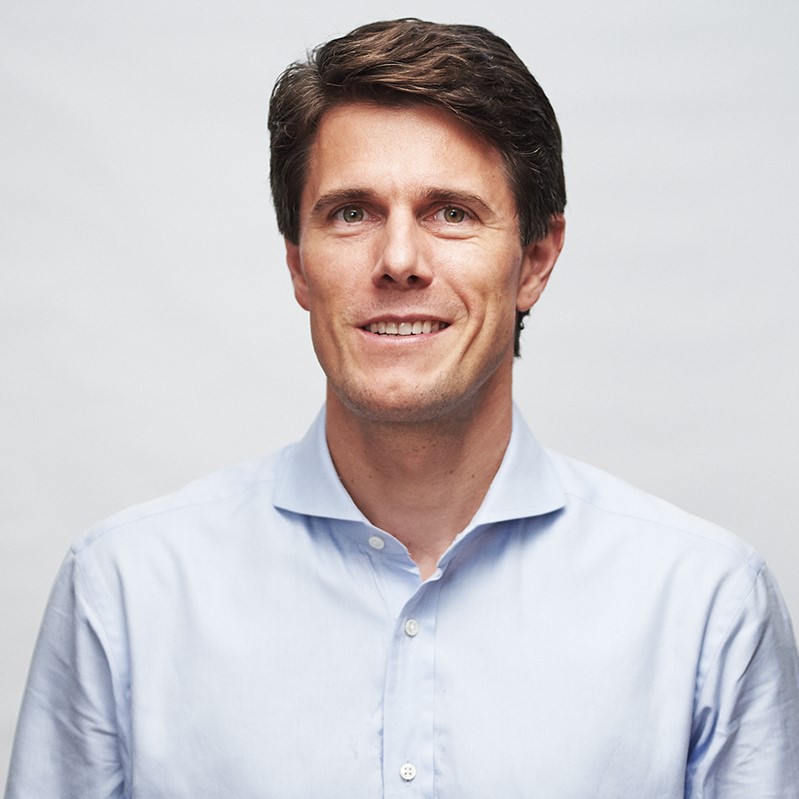
Florian Otto, PhD, MD, had a long career in the healthcare business world—first getting his MD and PhD degrees in his native Germany and then later working at McKinsey’s healthcare practice and ZocDoc.
But it wasn’t until he had a personal experience with his then fiancé that he found the inspiration to start his own company. “My fiancé was in a hospital right here in the center of New York City. She fainted and had to go to the ER. I swiped the credit card for the copay and then a month later I had a terrible billing experience.”
First, the bill she received was coded in strange language and it was unclear where it could be paid. And then she got another bill a month later and had to pay it via snail mail. To make matters worse, she got a call from a debt collector a year later from a lab company about a bill she never received.
If the experience sounds familiar, it’s probably because a lot of people are similarly having trouble navigating the healthcare industry’s complex billing system. A study of people who incurred a major medical expense found that 66% said they had at least one billing issue, such as higher-than-expected charges, unclear statements, and bills arriving months late.
“If you look [at a provider’s] Yelp and Google reviews, the number one problem are complaints from patients is about the billing. It’s always the same. ‘I love my doctor but hate the billing.’”
Florian started Cedar with the idea that healthcare is no different than any other industry when it comes to transparency and consumer experiences. Otto teamed up with his co-founder, Ariel Lidow, to answer the question, “How can we bring the consumer experience that people expect from Amazon, Netflix, or Expedia to the healthcare world?”
The secret sauce of Cedar
The biggest thing they identified was customization—everyone was receiving the same bills in the same cadence in the same copy. Amazon is personalized. Netflix is personalized. Healthcare billing needs to be personalized, Otto figured at the time. Cedar created a patient engagement platform that customizes based on the person’s demographics, past payment behavior and other variables.
“For one patient, a message about a $500 bill in a text message at 9 am in the morning might be the best way to get them to pay it. For someone else, it may be an email at 5 pm in Spanish with a payment plan option at $50 a month. It’s a very different message with the same goal in mind.”
Since its founding in 2016, Cedar has raised nearly $50 million in funding and obtained significant customers in the NYC area and beyond. Otto says the biggest challenge the company faces is that healthcare executives are burned out on tech investments thanks to the great electronic health record (EHR) rollout of the past 10 years.
Those that do buy technology, Otto says, tend to buy from the big market leaders…such as Epic Systems, the multi-billion dollar health IT behemoth based in Madison, Wisconsin, and Cerner, the Kansas City, Missouri based health IT giant. But those experiences don’t really change the billing experience for patients, Otto says, but rather takes the confusing billing process and digitizes it without any customization.
Otto says the biggest selling point he has for Cedar is that patient satisfaction is increasingly being impacted by poor billing experiences. One study finds that streamlined billing results in 97% overall patient satisfaction. “Imagine investing a lot of money in making a great experience for the patient and then 60 days after they leave, patient satisfaction actually drops 60 days from discharge. Why does it drop? Because of the bill.”
Do right by the patient
In the next 12 months, Otto big plans for Cedar including doubling the size of his workforce from 70 to 140 and expanding the overall product offering. They’re focused on automating a lot of the billing processes that providers do manually.
His mentality in growing the company is to do right by the patient. “Build something that is good for the patient and whatever regulation happens, you’ll likely be good off.” He advises CEOs in healthcare to never build a company around an arbitrage opportunity and most importantly, be patient.
“In healthcare, you cannot see a company like Facebook or Twitter exploding in a year or two and having millions of users. You need to be extremely patient. But the good thing is it’s extremely rewarding. Everyone uses healthcare. 250 million people in the U.S. use healthcare every year—most of them more than once. It’s the most vulnerable phase of life when you’re sick. Improving the experience for the patient when they are sick has a huge impact.”
Read more: One CEO On Commercializing Healthcare’s Next Big Thing







